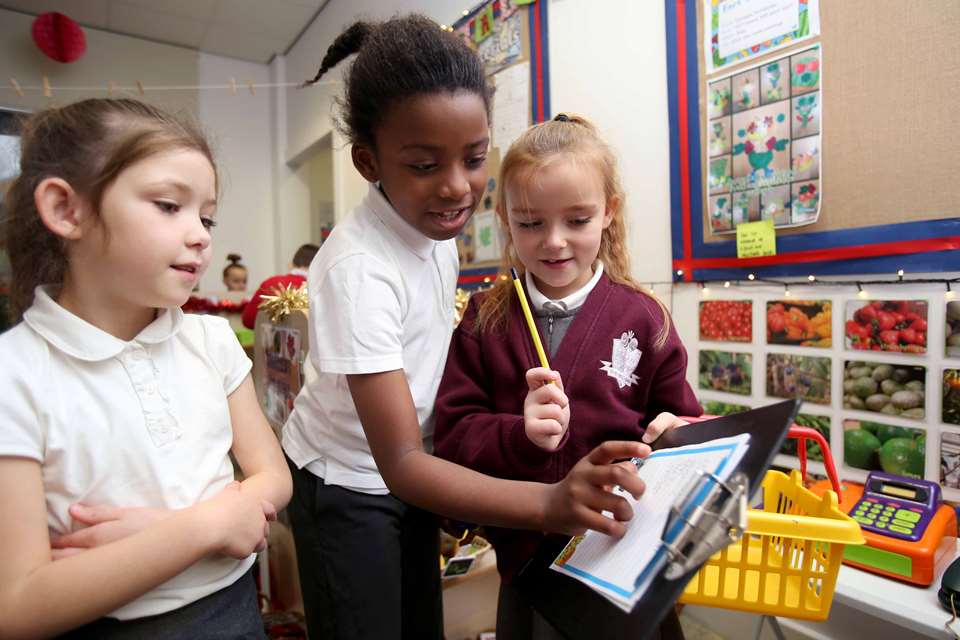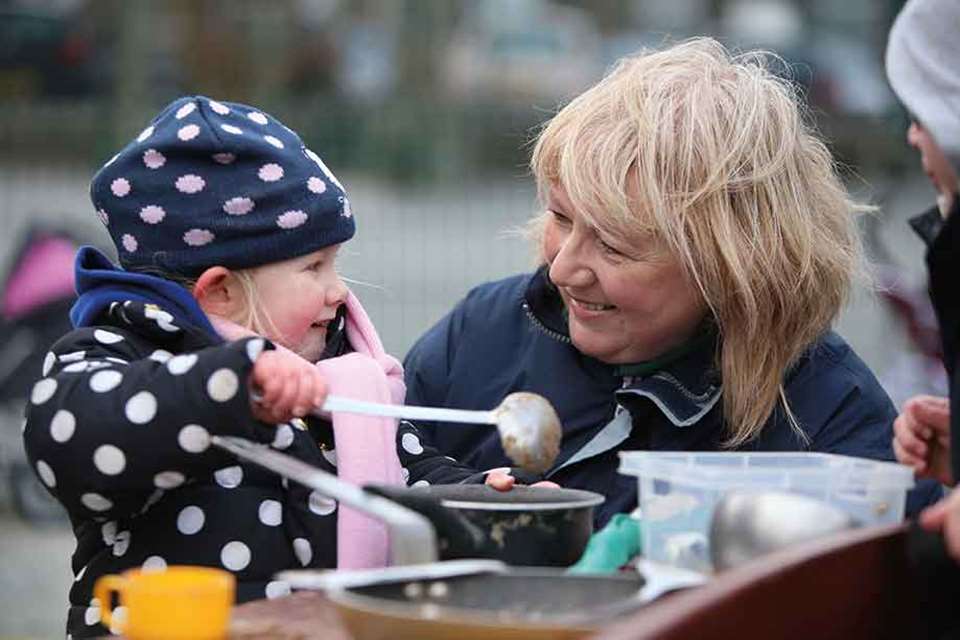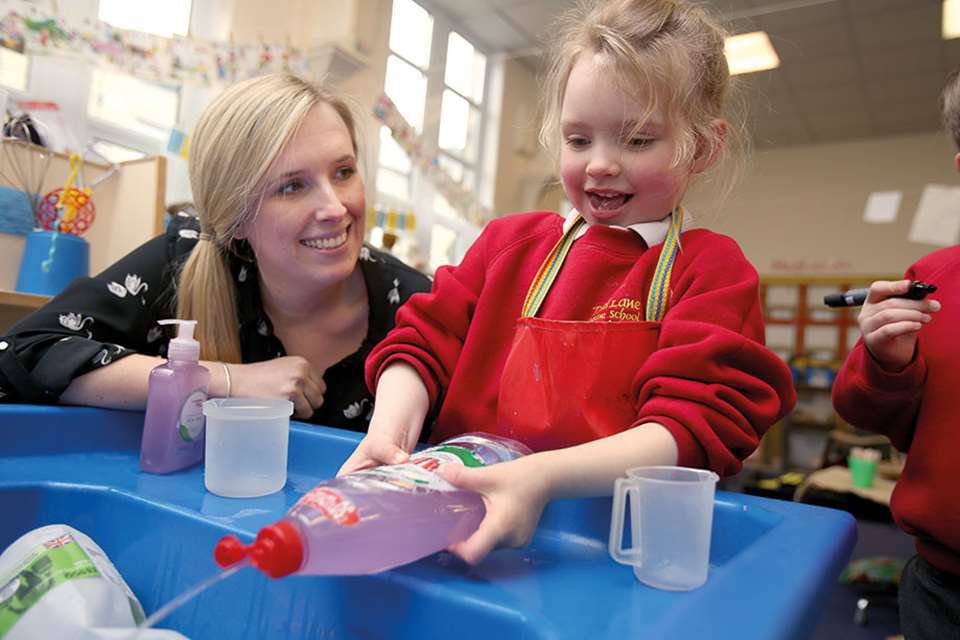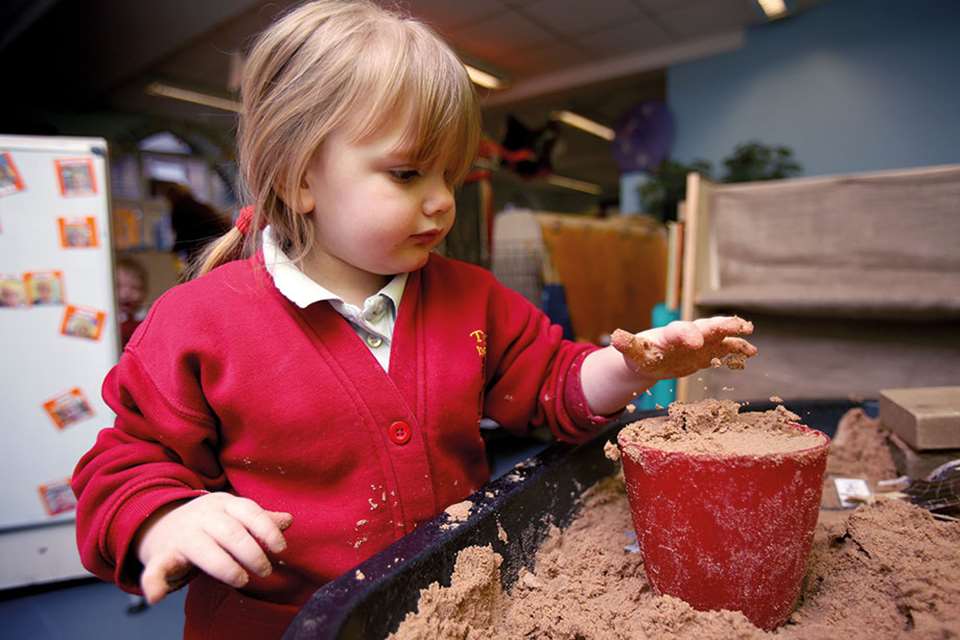EYFS best practice in schools - Your choices
Dr Julian Grenier
Monday, May 15, 2017
Evidence must underpin the approach we take to educating young children, says Dr Julian Grenier
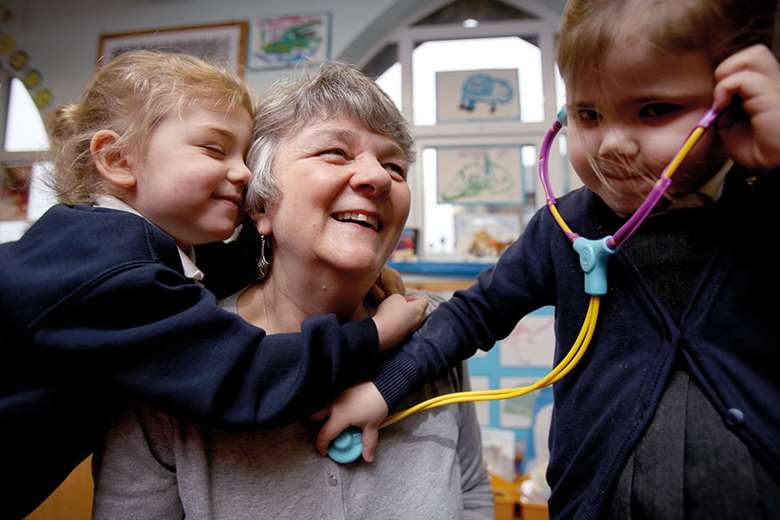
All schools are under significant pressure to get results, but that does not excuse any of us for making rash choices about early years practice. There is currently such a strong emphasis on progress and outcomes that every choice we make – whether it is about the curriculum, the environment, or our assessment system – feels ‘high stakes’.
But our choices are only truly high stakes in one sense: three-, four- and five-year-old children cannot have their early childhood back if we get things wrong for them. The decisions we make can have a decisive impact, for good or for ill, on every child we teach. Although some children are resilient and will cope with all sorts or provision, others are not. They may not be experiencing much in the way of play and conversation at home. If we cannot get school right for their emotional well-being, early communication and self-regulation, we risk doing harm to their prospects.
WRONG TURN
A common problem, I would argue, is a lack of proper consideration of the evidence and information available. For example, when practitioners say they ‘believe in learning through play’, they are reflecting an admirable part of early years education’s heritage. But they are also taking a wrong turn.
It is not that I disagree with that great early years pioneer Susan Isaacs, who wrote in Nursery World in 1932 that ‘play is the breath of life’. But Isaacs did not come to her position out of belief. She spent many years patiently observing children’s learning, experimenting with different approaches to teaching and to helping children play, and she was meticulous in following up the outcomes.
When she observed things she did not expect, she took notice and made changes. In the same way, it is important now for early years leaders, and their teams, to argue for the role of play in their provision based on evidence. Simple ‘belief’ is not enough.
The same problem is also at play when senior leaders in school focus solely on ‘progress data’, or expect to see the same sort of learning in Reception as in the rest of the school.
It is one thing to insist on the highest standards of practice in every year group. But where is the evidence that, for example, recording all your number work in books is the best way for four-year-olds to learn the foundations of mathematics?
The EYFS is a unique phase of our education system. As Frank Field MP comprehensively showed in his 2010 report to the Government, it is the time when effective provision can have the most impact on improving the life-chances of disadvantaged children.
Early education is holistic: it explicitly brings together support for children’s physical development, health and emotional well-being with a focus on helping children to become more powerful learners, through the Characteristics of Effective Learning. It is very much about parent engagement. It is hugely important that schools do not lose this holistic vision.
Speaking to the House of Commons Education Committee earlier this year, Dr Mary James, former professor of education research at the University of Cambridge, wondered if early education is being seen as ‘just preparation for secondary schools at the age of four’? We must not let it become so.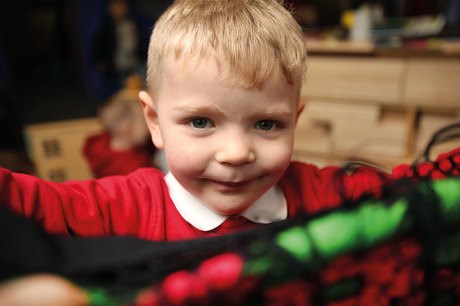
MORE INFORMATION
For the background and link to Frank Field’s report The Foundation Years: Preventing poor children becoming poor adults, visit: www.frankfield.com/campaigns/poverty-and-life-changes.aspx


